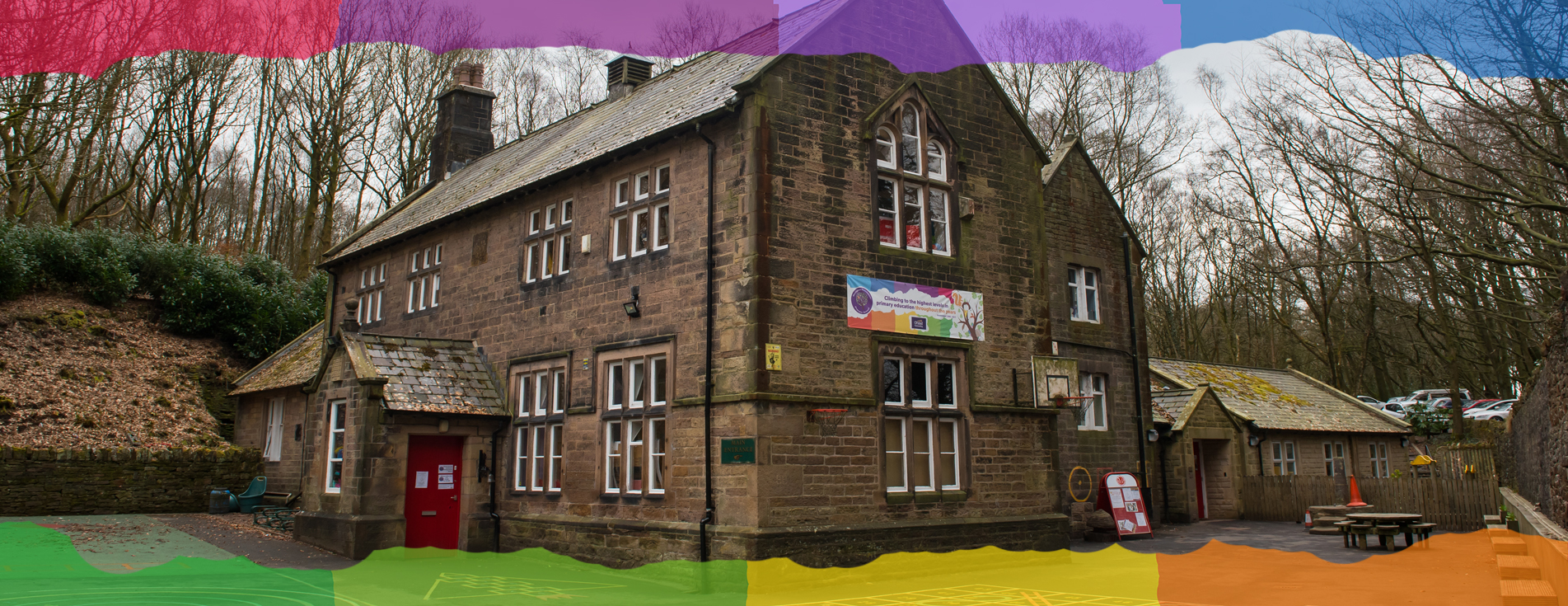
Safeguarding
The Designated Child Protection Officers at Rivington are:
Mrs Sarah Annette, Headteacher
Designated Safeguarding Lead
head@rivington.lancs.sch.uk
Mrs Heather Whittaker, Deputy Headteacher, SENCo and Pastoral Care
Deputy Designated Safeguarding Lead
hwhittaker@rivington.lancs.sch.uk
Mrs Rebecca Cliffe
Deputy Designated Safeguarding Lead and Pastoral Care
rcliffe@rivington.lancs.sch.uk
We regard the safeguarding of children as our main priority. We believe that we all have the right to be happy, to be safe and to learn. We all have the responsibility to make this happen.
At Rivington Foundation Primary we will ensure that:
-
The welfare of the child remains paramount.
-
All children – whatever their age, culture, disability, gender, language, racial origin, religious beliefs and/or sexual identity – have the right to be protected from harm.
-
All suspicions and allegations of abuse will be taken seriously and responded to swiftly and appropriately.
-
All staff and volunteers working at our school have a responsibility to report concerns to the Designated Lead for Safeguarding.
Rivington Child Protection and Safeguarding Policy:
What to do if you have concerns about a child:
Listed below are links to several websites which you can use to report any concerns you may have about a child:
https://www.gov.uk/report-child-abuse – This will provide you with links to the local council/police page for your area.
https://www.nspcc.org.uk/keeping-children-safe/reporting-abuse/report/report-abuse-online/
https://www.childline.org.uk/get-support/contacting-childline/
If you think a child is in immediate danger
Don’t delay – call the police on 999
Below is the link for the Lancashire Schools Safeguarding site. Please note that Rivington Foundation Primary School is not responsible for its content http://www.lancashiresafeguarding.org.uk/online-safeguarding
Designated Senior Person for Safeguarding Children: Sarah Annette (HT)
Deputy Senior Persons for Safeguarding Children: Heather Whittaker (DHT & SENCO).
Nominated Governor responsible for Child Protection: Mrs. Nicola King.
Contact Numbers:
http://www.thinkuknow.co.uk/ – click here to visit the website (Guide to Internet Safety)
Please click here to access the CEOP page (Child Exploitation and Online Protection Centre)
Barnados
https://www.barnardos.org.uk/
Children’s Society
http://www.childrenssociety.org.uk/
What is Safeguarding?
Safeguarding is the action that is taken to promote the welfare of children and protect them from harm.
Safeguarding means:
-
protecting children from abuse and maltreatment
-
preventing harm to children’s health or development
-
ensuring children grow up with the provision of safe and effective care
-
taking action to enable all children and young people to have the best outcomes.
Safeguarding children and child protection guidance and legislation applies to all children up to the age of 18.
